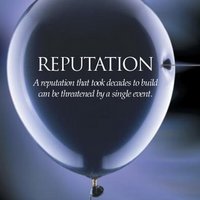False accusation of an employee being violent toward another employee are just as common or are even more common than the actual violence at workplace. This include physical violence as well as verbal threats of violence, including implied verbal threats such as “Next time, I don’t know what I am going to do to you…,” and similar statements.
Accusations of violence at workplace are typically grounds for immediate suspension or termination of employment. It is a hurtful and frustrating experience to be accused of something that you haven’t done. It is not uncommon for an employee who has been falsely accused of violence by his co-worker to “lose it” at a deposition or during the testimony at the arbitration, engaging in a heated argument with the opposing side or their attorney, and thus actually demonstrating to the other side and the judge/arbitrator that the employee has a short temper and might have potential for violence at workplace.
However, if you are determined to prove that the accusations against you are meritless prevail in a legal claim against your employer, related to false violence accusations, it is crucial that you prove through your subsequent actions that you are anything but violent. Maintaining calm, rational, reasonable composure throughout your subsequent communications and/or legal proceedings after suspension and termination is a very important part in compelling the employer to doubt the allegations made against you, and revisit the decision to fire you under the risk of being sued for wrongful termination based on defamation. Do not allow lies and fabrications with regard to your violent behavior to emotionally destabilize you and make you come across as a potentially violent person, and this will be of significant help to any legal claims you might be pursuing in court or through a union arbitration.
 San Francisco Employment Law Firm Blog
San Francisco Employment Law Firm Blog


